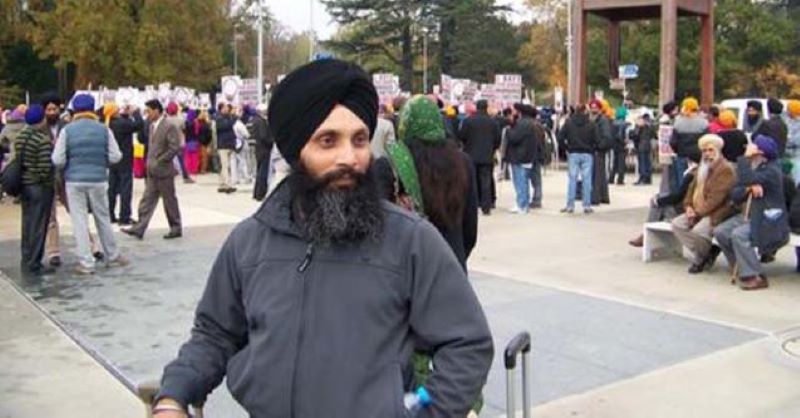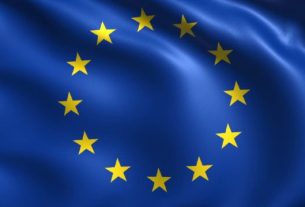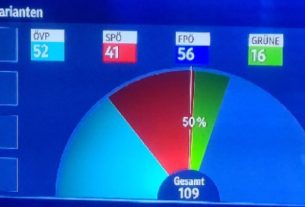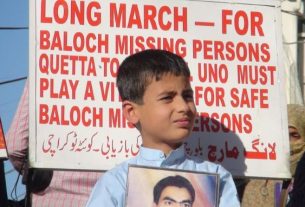Two senior aides to Canadian Prime Minister Justin Trudeau, including National Security Advisor Nathalie Drouin, reportedly shared confidential information with a U.S. newspaper regarding alleged Indian government interference in Canada. This disclosure comes amid ongoing tensions following Trudeau’s claims—made without concrete evidence—that Indian agents collaborate with criminal gangs to target South Asians, particularly pro-Khalistani individuals.
The Royal Canadian Mounted Police (RCMP) have linked Indian government agents to the killing of Khalistani terrorist Hardeep Singh Nijjar, a Canadian citizen, in June 2023, suggesting ties to the Lawrence Bishnoi gang involved in various criminal activities. India has vehemently denied these allegations, calling them “preposterous” and stating that the Canadian government has not provided any evidence despite multiple requests.
A Canadian publication, The Globe and Mail, reported that Drouin and Deputy Minister of Global Affairs David Morrison briefed the Washington Post on India’s alleged interference, including the recent killing of another Sikh leader, Sukhdool Gill. Gill’s assassination occurred just two days after Trudeau first implicated India in Nijjar’s death.
While Drouin and Morrison denied sharing any classified information, they referenced an unsealed U.S. indictment from November 2023, which did not name Gill or the Canadian individual allegedly targeted for assassination. The Washington Post was reportedly instructed not to publish until the RCMP held a press conference, where they claimed to have evidence—none of which was presented due to an ongoing investigation—that some Indian diplomats were involved with organized crime to gather information on Canadian citizens.
Trudeau reiterated his accusations against the Indian government shortly after the RCMP’s press conference, stating it was a “fundamental error” for India to engage in criminal activities on Canadian soil. Following these events, India expelled Canada’s High Commissioner and five staff members in retaliation, labeling the Canadian government’s actions as a smear strategy for political gain.
As investigations into Nijjar’s killing continue, Canadian authorities have arrested four suspects and charged approximately 30 others with alleged links to the Indian government. Trudeau’s allegations have coincided with declining support for his government, as he faces criticism for supposedly catering to Khalistani separatist groups.
India’s Foreign Minister S. Jaishankar has accused Trudeau of prioritizing terrorist votes over the rule of law, highlighting perceived double standards in how Canada treats foreign diplomats. Meanwhile, the United States has called for cooperation between Canada and India while conducting its own inquiry into a murder-for-hire plot linked to an ex-Indian spy targeting a figure considered a Khalistani terrorist.





